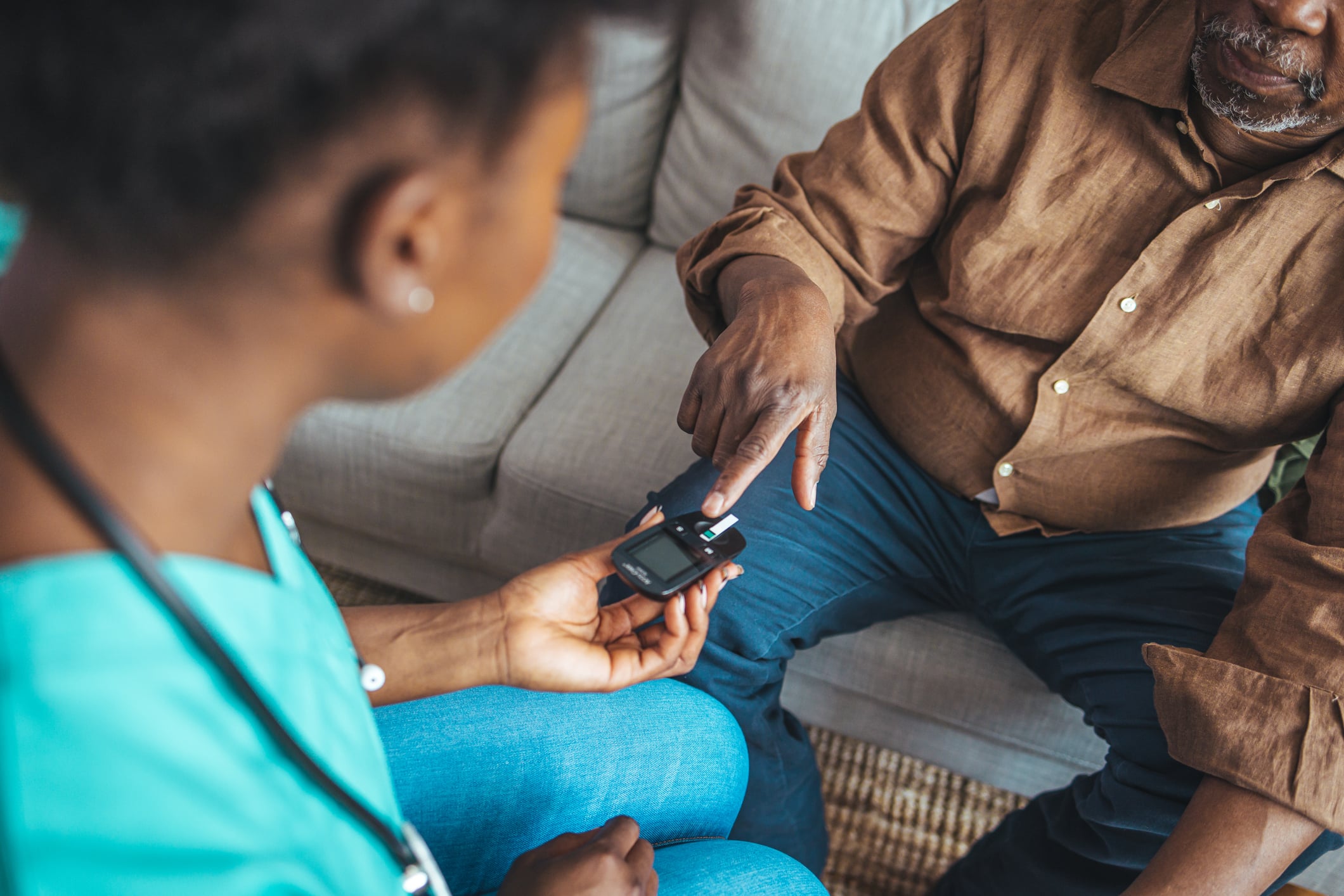
Welcome to VetsForever. If you’re a veteran dealing with diabetes, you’re likely wondering how the VA rates this condition and what benefits you’re entitled to. Navigating the VA system can feel like trying to decipher a foreign language while blindfolded. Don’t sweat it; we’re here to give you the straight skinny on diabetes VA ratings, eligibility, and how to get what you deserve. We get your six.
Understanding Diabetes and VA Disability
First off, let’s clarify what we’re talking about. Diabetes mellitus, particularly Type 2, is a common condition among veterans, often linked to Agent Orange exposure during service. The VA recognizes diabetes as a potential service-connected disability, meaning if your diabetes is related to your time in the military, you’re eligible for disability benefits. Note that it’s not just about getting a diagnosis; it’s about establishing a clear link between your military service and the onset of the disease.
What is the VA Disability Rating for Agent Orange – Diabetes Type II?
If you served in Vietnam or another location where you were exposed to Agent Orange, and you’ve developed Type 2 diabetes, the VA presumes a connection between your service and your condition. This makes it easier to get service-connected. The VA rates diabetes based on the severity of the condition and how it impacts your life. This can range from 0% to 100%.
How the VA Rates Diabetes
The VA uses a specific diagnostic code (7913) to rate diabetes mellitus. The rating depends on several factors, including:
- Medication required to control blood sugar
- Frequency and severity of hypoglycemic episodes
- Presence of complications (more on that later)
Here’s a breakdown of the possible ratings:
- 100% Rating: Requires more than one daily injection of insulin, dietary restriction, and regulation. Also, it requires frequent episodes of hypoglycemia or hyperglycemia that requires hospitalization.
- 60% Rating: Requires one daily injection of insulin, dietary restriction, and regulation.
- 40% Rating: Requires insulin, dietary restriction, and regulation.
- 20% Rating: Requires oral medication
- 10% Rating: Managed by diet alone
- 0% Rating: A blood glucose controlled by diet alone or medication.
Important Note: These ratings can change based on the complications arising from your diabetes.
Common Questions Answered
What is the Average Rating for Diabetes Disability for VA?
The average VA disability rating for diabetes varies widely, as it depends on the individual’s specific circumstances and the severity of their condition. Many veterans fall within the 20% to 60% range, depending on their treatment and complications.
What Happens When You Go to VA for Diabetes Ratings on Disability?
When you file a claim for diabetes, the VA will typically require a Compensation & Pension (C&P) exam. This involves a medical examination by a VA healthcare provider or a VA-contracted physician. They’ll review your medical history, conduct a physical exam, and ask about your symptoms and how they affect your daily life. Be honest and thorough; this exam is crucial for determining your rating.
Secondary Conditions and Increased Ratings
Diabetes often leads to other health problems, known as secondary conditions. These can significantly increase your overall disability rating. Common secondary conditions related to diabetes include:
- Diabetic Retinopathy: Damage to the blood vessels in the retina, leading to vision problems.
- Peripheral Neuropathy: Nerve damage causing pain, numbness, and weakness, usually in the hands and feet.
- Cardiovascular Disease: Increased risk of heart attack and stroke.
- Kidney Disease (Nephropathy): Damage to the kidneys.
- Erectile Dysfunction: A common complication affecting many veterans.
Each of these conditions can be rated separately, and those ratings are combined to determine your total disability percentage. For example, if you have a 40% rating for diabetes and a 30% rating for peripheral neuropathy, the combined rating could be higher than 40%.
Building a Strong Claim
To increase your chances of getting a favorable VA rating for diabetes, follow these tips:
- Gather Medical Evidence: Collect all relevant medical records, including doctor’s reports, lab results, and treatment plans.
- Service Connection: Clearly establish the link between your military service and your diabetes. If you were exposed to Agent Orange, highlight this in your claim.
- Statement in Support of Claim: This statement is extremely important. The VA values your perspective. Share how your condition affects your daily life. VetsForever can assist you with drafting this statement for free.
- Document Secondary Conditions: Get diagnosed and treated for any secondary conditions related to your diabetes.
- Attend the C&P Exam: Show up for your C&P exam and be prepared to discuss your condition in detail.
Medical Nexus: What You Need to Know
A medical nexus is the link between your military service and your current health condition. For diabetes, this means showing that your diabetes either started during your service or was aggravated by it. While a medical nexus letter from a doctor can be helpful, it’s not the only way to establish this link. Your own statement about how your condition started or worsened during your service can be just as important, if not more so. Don’t underestimate the power of your words. At VetsForever, we can help you draft a compelling statement to support your claim, free of charge.
Appealing a Denied Claim
If your VA disability claim for diabetes is denied, don’t throw in the towel. You have the right to appeal. You can file a Notice of Disagreement and request a higher-level review, submit new evidence, or appeal to the Board of Veterans’ Appeals. It’s essential to understand the deadlines and requirements for each option.
Why Choose VetsForever?
Navigating the VA system can be daunting, but you don’t have to do it alone. At VetsForever, we understand the challenges veterans face because we are veterans ourselves. We’re VA-accredited, meaning we have the legal expertise to guide you through the process. We offer a free case evaluation to understand your situation and determine how we can help. We’re not here to give you false hope or empty promises; we’re here to give you honest advice and fight for the benefits you deserve. We got your six.
Conclusion
Securing a fair VA disability rating for diabetes requires understanding the VA’s rating criteria, gathering solid medical evidence, and effectively presenting your case. Whether you’re dealing with Agent Orange-related diabetes or another form of the condition, knowing your rights and taking the right steps can make all the difference. Remember, VetsForever is here to help you every step of the way. Contact us for a free case evaluation, and let’s get you squared away.

